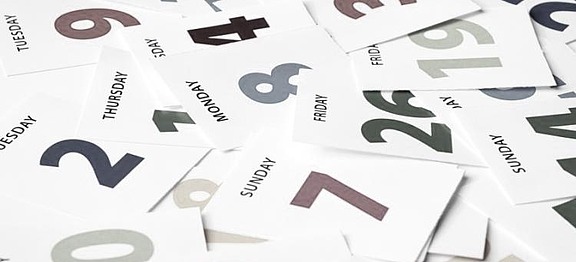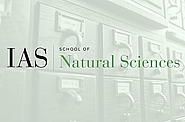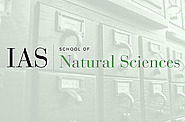
Astrophysics Calendar
The calendar is a collection of events hosted by The Institute for Advanced Study, Princeton University, and other local institutions and groups focused on Astrophysics and Astronomy. Emails are sent out every Friday with the calendar for the upcoming week and daily emails are sent with each days events. If you are interested in being added to the calendar distribution list, please contact Amanda Cenker, Academic Assistant at IAS.
Feb
16
2026
Princeton University Extrasolar Planet Discussion Group
General Discussion
12:00pm|Zoom and Peyton Dome Rm, Princeton University
Feb
16
2026
Princeton University Gravity Initiative Seminar
¿What is an R7-Brane?
Jonathan Heckman
12:30pm|Jadwin Hall, Princeton Gravity Initiative, 4th Floor
Feb
16
2026
Princeton University SFIR: Star Formation/ISM Rendezvous
Topological Mapping of Superbubbles across Galactic and Extragalactic Environments
Theo O'Neill
3:00pm|Peyton Dome Rm
Feb
17
2026
Institute for Advanced Study / Princeton University Joint Astrophysics Colloquium
Little Red Dots as "Black Hole Stars"
Rohan Naidu
11:00am|Peyton Hall, Peyton Auditorium
Feb
17
2026
Institute for Advanced Study / Princeton University Bahcall Lunch
12:30pm|PU, Lewis Library Treehouse
Feb
17
2026
Princeton University Computational Astrophysics Club
General discussion
2:00pm|Peyton Hall, Grand Central
Feb
18
2026
Rutgers University Astrophysics Colloquium
UNVEILING THE FIRST BLACK HOLES IN THE UNIVERSE
Priya Natarajan
3:30pm|Serin Hall Rm W330, Rutgers and Zoom
Feb
18
2026
University of Pennsylvania Astrophysics Seminar
The Search for Other Earths
Megan Bedell
3:30pm|U.Penn, David Rittenhouse Laboratory, 4E19
Feb
19
2026
Institute for Advanced Study Astrophysics Seminar
Rethinking about gravitational instability as a planet formation scenario
Cristiano Longarini
11:00am|Bloomberg Lecture Hall
Feb
19
2026
Princeton University Thunch Talk
Numerical approach to compressible shallow-water dynamics of neutron-star spreading layers.
Aleksandr Rusakov
12:00pm|Princeton University, Peyton Hall, Grand Central

